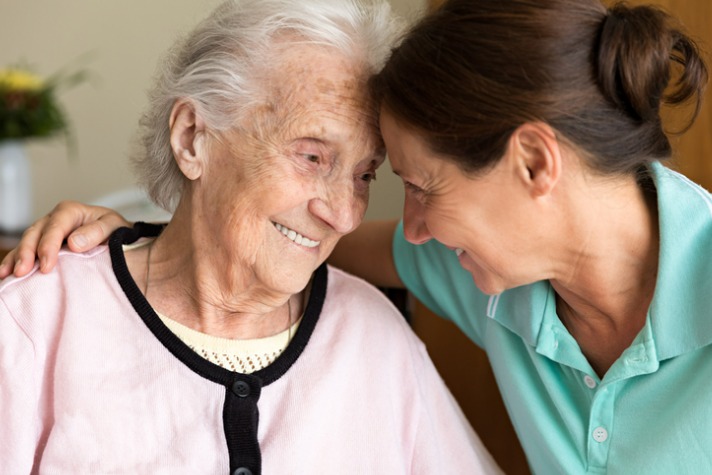Understanding Dementia
Published by MAXSolutions on August 18, 2022

Dementia describes a range of conditions that affect a person’s brain. Dementia affects thinking, behaviour and the ability to perform everyday tasks. Brain function is affected enough to interfere with the person’s normal social or working life.[1]
Everybody experiences dementia differently, even if they have been diagnosed with the same kind of dementia.
Dementia starts slowly and subtly. It may have progressed for a while before you realise something isn’t right.
Signs of Dementia
Over a period of months or years, people with dementia may:
lose their memory — at first for recent events, and later for events further back in their lives
struggle with speech and language
show changes in personality
show poor judgement and lack of insight
find it hard to complete everyday tasks, or care for themselves
lose interest in things and activities they used to enjoy
lose their sense of time and place
sleep irregular hours
There are many causes of dementia and different kinds of dementia are caused by different things.
For example, Alzheimer's Disease, the most common type of dementia affecting 70% of people with dementia, is caused by a build-up of proteins in the brain causing cells to die and the brain to shrink; while vascular dementia is caused by limited blood supply to the brain.
Old age is not a cause of dementia, even though dementia is more common for older people to have dementia.[2]
Where to get more help
If you suspect you or someone you care about has dementia your GP is the best place to start. A diagnosis of dementia is usually made by a neurologist or geriatrician.
Caring for someone with Dementia
There is a lot you can do to help a loved one who has dementia. Being reassuring when they are confused or making small changes to their home so their daily activities are easier.
Labelling draws and cupboards, for example, helps reduce distress when searching for an object.
A large calendar in a prominent position along with an orientation clock can also provide reassurance and practical memory support.
There is no cure for dementia and people can expect it to worsen over time. However, there are some medications that can alleviate symptoms.
There is a lot of support available for carers in the community.
The National Dementia Helpline is a good place to start: 1800 100 500.
References
Dementia – early signs, other symptoms, treatment and statistics | healthdirect
Share
Tags
Found this useful?
Help and advice
Our blogs are about helping people seek the information that they need for their steps in the workforce.














_1.jpg)





























.jpeg)

















